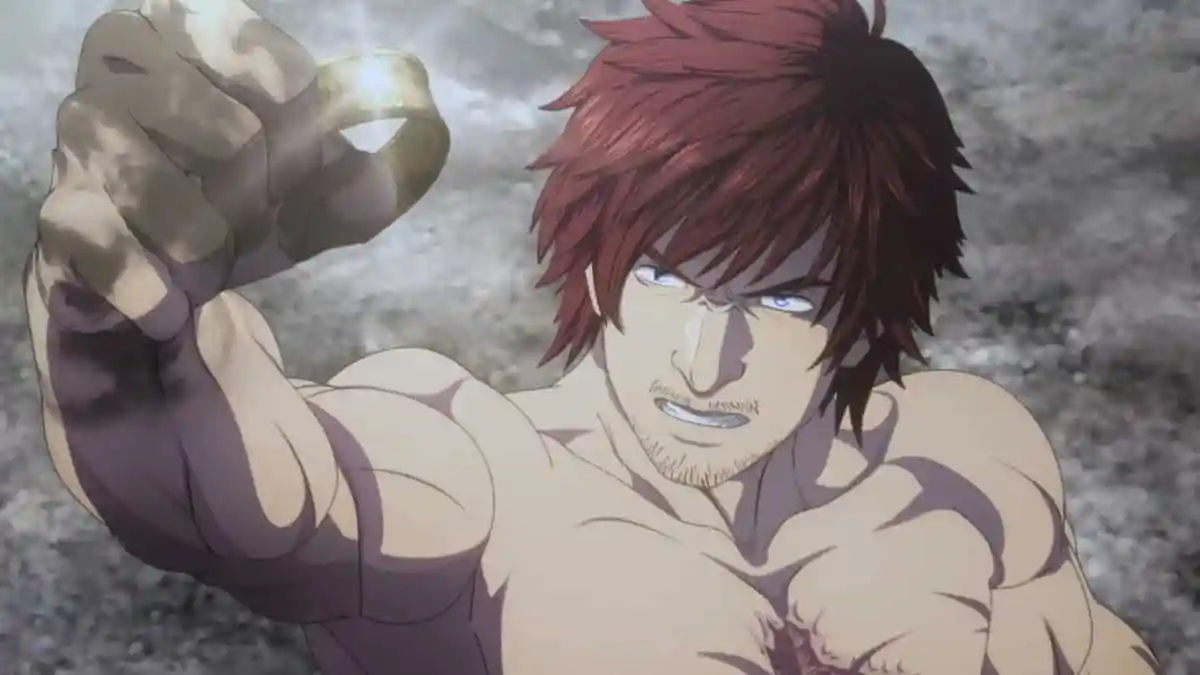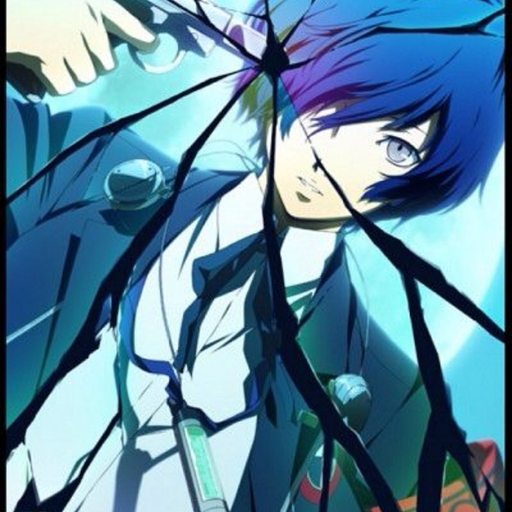This review contains some spoilers for Dragon’s Dogma on Netflix.
Out of all of the video game franchises that exist, was anyone really clamoring for an anime adaptation of Dragon’s Dogma? The game released in 2012, and while it wasn’t a revelatory experience, it was still a generally fine action RPG at the end of the day. However, among other modern high-quality fantasy RPGs like The Witcher 3, Divinity: Original Sin, and the entirety of the Souls series, Dragon’s Dogma comes across as fairly basic.
It seems almost random that Netflix and Capcom decided to greenlight a series, unless it’s to generate interest in a hypothetical second entry in the franchise. If that’s the case, then Dragon’s Dogma the anime fails spectacularly in that regard. After forcing myself through the seven-episode slog, I can safely say no one is missing out on Dragon’s Dogma and it’s only a step above being complete garbage.
The series focuses on Ethan (Greg Chun from Neon Genesis Evangelion), who fills the void left by the customizable avatar from the video game yet is still as bland and dull as any Create-A-Character could be. One day, a dragon (David Lodge reprising his role from the game) attacks his village and proceeds to kill his wife and unborn child, as well as rips Ethan’s heart out of his chest. Because of this, Ethan is revived as an Arisen, one with no heart, who must kill the dragon that destroyed everything he held dear. He journeys alongside his Pawn, Hannah (Erica Mendez from Aggretsuko), a soulless human-like entity whose entire purpose is to serve the Arisen on his quest of vengeance.
For as complicated as that may sound, the premise can be neatly summarized as “kill the dragon” and you won’t miss out on any important details. I appreciate that Dragon’s Dogma does the bare minimum and bothers to explain its lore to newcomers, but there’s so little lore in play that it hardly matters. It’s a standard revenge quest where the hero needs to beat the evil dragon and save the day. Even then, the main plot is only really addressed in the first and final episodes with all of the intervening episodes being one-off adventures for Ethan and Hannah.
The quests that our heroes go on are nothing special and more often than not carry the exact same moral: Humans are awful creatures. In nearly every episode, Ethan and Hannah will encounter someone in need of their assistance, only for the show to pull the rug out from under us that these seemingly kind people are actually just varying degrees of jerks.
For example, episode 3, “Envy,” has a man ask Ethan to help save him and his wife from goblins, only for him to grow jealous of Ethan once his wife takes a liking to Ethan. This causes the man not to attempt to murder Ethan, but to successfully murder his wife instead before taking his own life. Another episode features a pair of soldiers tasked with killing a greedy lich, only for one of the soldiers to betray the other and try to steal all of the lich’s wealth for himself.

Every episode of Dragon’s Dogma attempts to drill into the audience’s head that humans are worse than the monsters that plague them, but the show’s incessant bemoaning just comes across as hollow and lifeless. We’ve seen in fiction numerous times that humans can be just as bad, if not worse, than the abominations that our heroes need to fight against, so what does Dragon’s Dogma have to say that hasn’t already been said before? The answer is nothing. It has nothing unique to add to the conversation that we haven’t seen beaten to death in other, much better shows.
All seven of the episodes are named after the seven deadly sins, and while that could potentially lead to some interesting avenues of interpretation, it mostly just acts like a gimmick. The episode related to gluttony feels especially confused, as it uses a flimsy setup to force the characters, both major and minor, to act in ways that feel contrived around the sin of gluttony. Using motifs like the seven deadly sins comes with a set of expectations and ideas where if you can’t execute them properly, it just makes everything come across as foolish and elementary.
The exception to the rule is the fourth episode, “Sloth.” Ethan and Hannah encounter a small village inside of a cave that used to mine a moss that was used as a highly addictive hallucinogenic drug, but since they believe it’s the end of days given the dragon’s attack, most of the town has just given up and let themselves become addicted to the drug. There are some interesting questions that arise from it, including about the motivations of the young woman in helping Ethan and Hannah. Plus, it’s the only episode that has an optimistic ending. It’s not just a parade of misery and suffering like the rest of the show.

But even when the show is doing a passable job, there’s nothing that can save the animation. The series was produced by Sublimation, a 3DCG company that has assisted with CG on notable shows like Psycho-Pass and Tokyo Ghoul, but the work it’s done here never gels with the content being presented. 3DCG is something that many anime studios struggle to use today, to the point where any CG anime has an air of cheapness surrounding it. Just look at the general reaction to Berserk 2016 to get an understanding of how badly it can fail. At best, Dragon’s Dogma looks mediocre. At worst, it made me excited to see just how ugly the show can get.
While humans look generally fine outside of some movements that make them look like Looney Tunes characters, it’s the monster designs that really stand out in all of the wrong ways. These models never blend in with their environment, with textures that almost feel like they’re made of Play-Doh. The dragon is the biggest offender in that regard. As a grand monster that decimates an entire town and is the central cause of the narrative, he doesn’t look like he even exists in the same world as the humans. I know it’s a cliche at this point to say that a PlayStation 2 game would look better than the animation in Dragon’s Dogma, but the special effects are really that poor.
The series hardly has any depth or complexities to it, as most of the characters will just say exactly what they’re thinking and spell out the message for you at the end of every episode. Hannah is especially bad in this regard in the early episodes, often not saying much except to comment on how humans are stupid, confusing, and don’t know what they want, as if the audience couldn’t figure it out from the events in the episode. It gets to the point where it almost feels like the show is talking down to its audience, as if they couldn’t figure out the overriding theme of the series.

The final episode, “Pride,” attempts to redeem the series by offering a revelation that is interesting on paper, but stumbles in the execution. When contextualized alongside the seven deadly sins motif, the revelation offered doesn’t fit with the build-up until that point and directly contradicts the theming of the first episode. Granted, I at least appreciate that the show attempts to salvage itself, but it’s too little, too late at that point. The show ultimately leaves us with a potential story for a hypothetical second season, but I hope to God that it doesn’t get picked up for another one.
It’s not every day I come across a show that I dislike in almost every regard, but Dragon’s Dogma comes dangerously close. If you’re looking at this show as an adaptation of the game, you’ll be left sorely disappointed. If you want a rich and dark fantasy world, look elsewhere. If you’re interested in a new anime series to binge, there are dozens of other options to choose from. There are very few reasons to actually sit down and watch Dragon’s Dogma, and if you do, you’ll most likely be left as disappointed and as bored as I was. Avoid this one at all costs and don’t look back.






Published: Sep 22, 2020 11:00 am